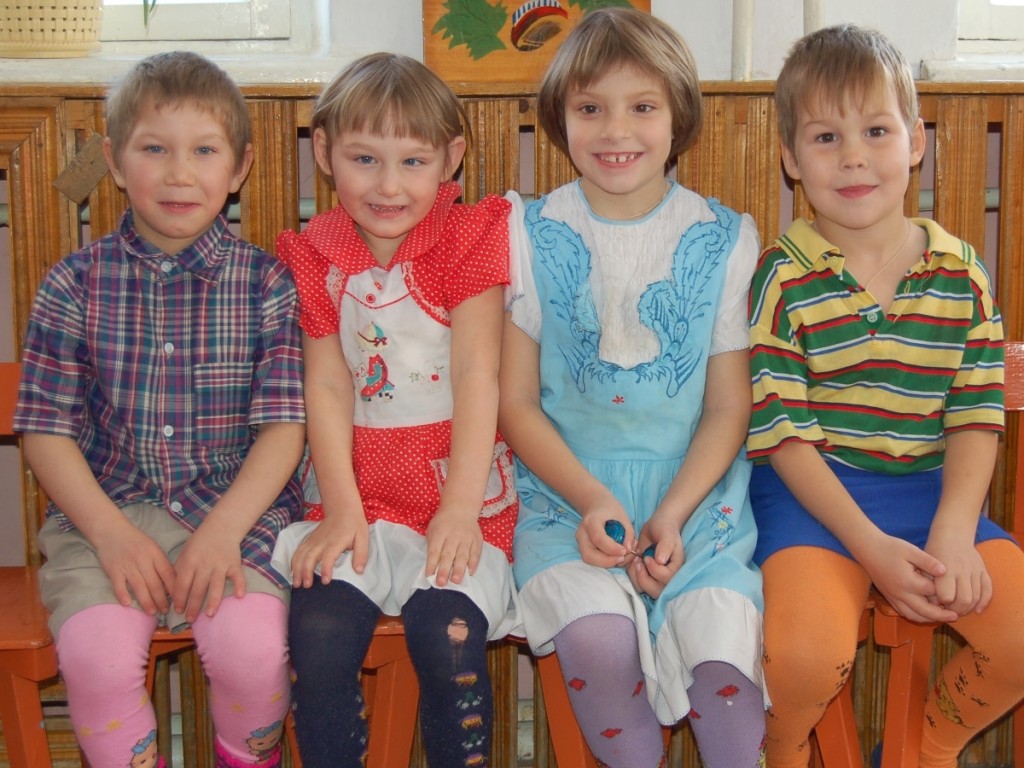A Child is Even More Tired of Waiting for You
My wife, Amy and I had three sons biologically before her childbearing days were over. We had always dreamed of having daughters to go along with our sons, and we weren’t ready to give up on that dream. Of course we turned to adoption.
Like many people who enter that realm, for various and different reasons, we were naïve. We thought that we could fill out some papers and wait a few months for a young, inexperienced birthmother who wasn’t ready to parent yet, to hand over her newborn daughter to us, and walk away to “get on with her life.”
We soon realized how naïve we were. Of course the adoption agency was the first to burst our bubble, but they were willing to stick with us for as long as it took. As we did more research, we learned that people in our position, who refused to modify their requirements for adopting, were feeding a terrible monster with ugly names like kidnapping and human trafficking. While there are Caucasian infants without special needs who require adoption, those numbers are so small that they barely show up on graphs. But where there’s a will, and a lot of money, there’s an adoption. Just don’t ask too many questions and be prepared to lie to a child.
Here’s the thing. The world, and practically every community in it, has older children who need families. And the demand for them is far less than their numbers.
Often, prospective parents imagine that adoption will be easier for a child who is adopted as an infant and who can’t remember their first parents. Experience has proven time and again that this simply isn’t the case. I can give you a very good example. My daughters, Sarah and Celeste, were five and (almost) three when we brought them home. Sarah had very vivid memories of her first home and family. Her memories of her first mother were of horrific abuse. My son, Denney was not yet two when he joined our family. His first parents were both suicide victims, though it took years of therapy before he reached the point where his therapists thought he was ready to hear the story of his parents’ demise (they told us to wait until he asked to know).
Sarah, who was old enough to know what was going on when she was adopted,
has a much healthier view of what transpired than Denney does.
While Sarah had anger issues about the dissolution of her first family (who wouldn’t?), she understood why she couldn’t remain in that home. She even remembered hoping and praying (along with two friends) for a new family while she was in the orphanage.
Since Denney knew little of his history, his mind made up a very safe version. He thought he remembered a pet elephant that he would ride while his virginal mother took them for walks. He convinced himself that, of course his first parents would have chosen to take care of him if they could have, but that some tragic accident must have happened that ended their lives prematurely. He refused to learn of the truth, even when we told him that all he needed to do was to ask. The only thing that kept my son anywhere close to reasonable was that he knew the truth was available when he wanted it; when he felt he could deal with it. I can’t imagine how hard it would have been for him had he built up an entire life of imaginations simply because parents at the time of adoption thought that lies (or an engineered lack of information) would protect him from the truth.
The bottom line is that Sarah, who was old enough to know what was going on when she was adopted, has a much healthier view of what transpired than Denney does (though she does still have her struggles). Adopting an infant may come closer to fulfilling a parent’s dream, but it is a misconception to believe that it makes it easier on the child.
Still, five year old Sarah wanted new parents. She ached for them. She and her two best friends at the orphanage prayed to be adopted. And when I look at wonderful prospective parents, who really want to have the perfect family; when I watch them ache for a child; when I watch then pray incessantly, I am reminded of Sarah. Older children are far more tired of waiting for parents, than parents are tired of waiting for infants. If only those naïve parents would shake themselves and come to the realization that nothing could ever bring them more joy than promising a five-year-old (who knows what it’s like to be alone) that she will be in their family forever, and then hearing her call them mama or daddy for the first time.



